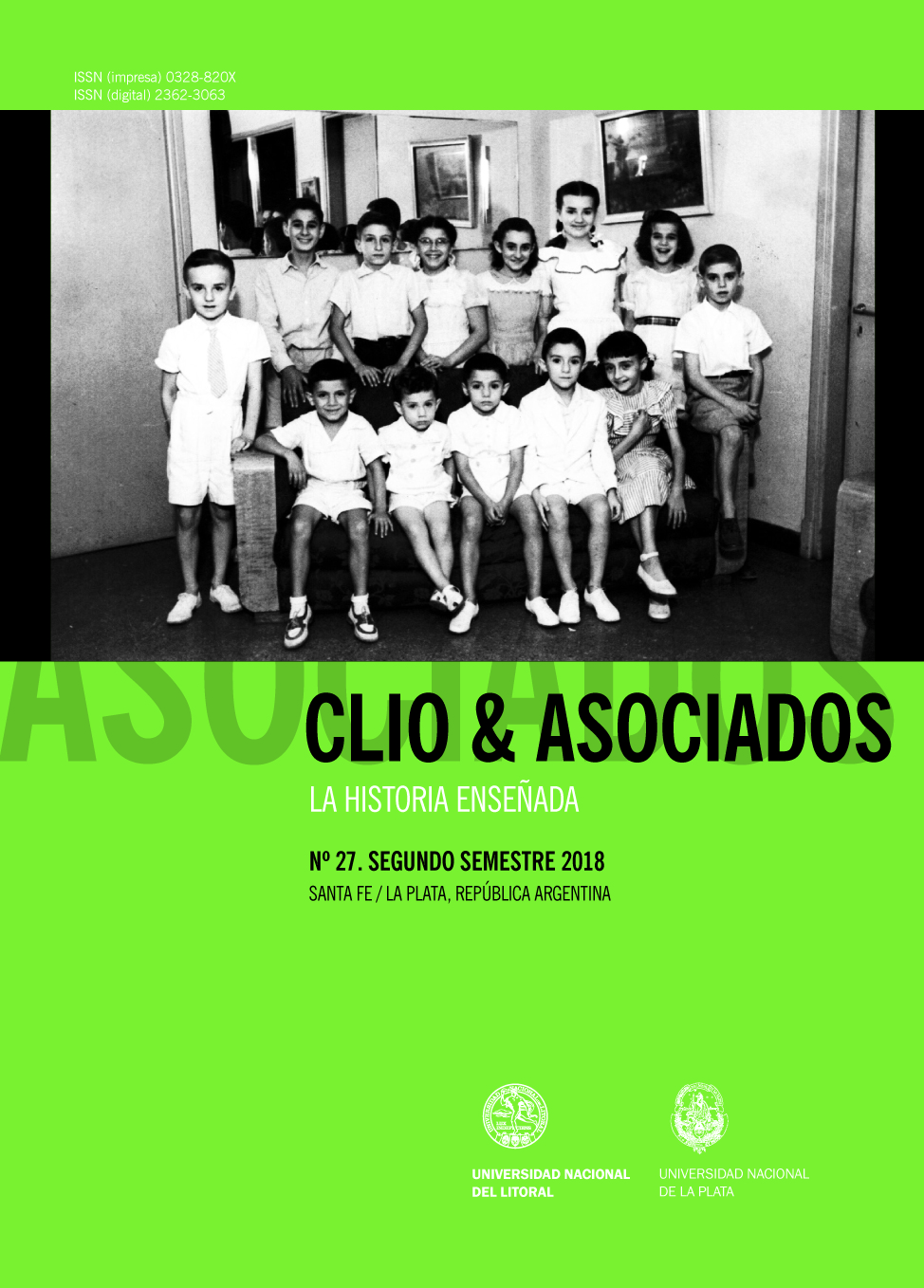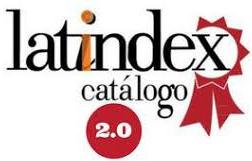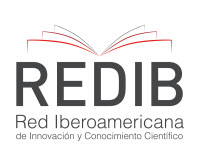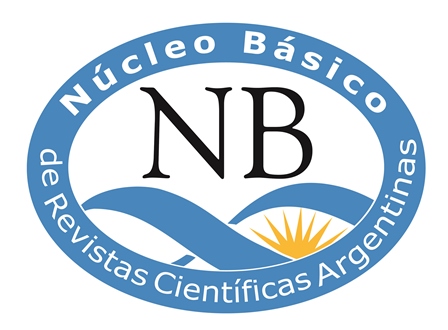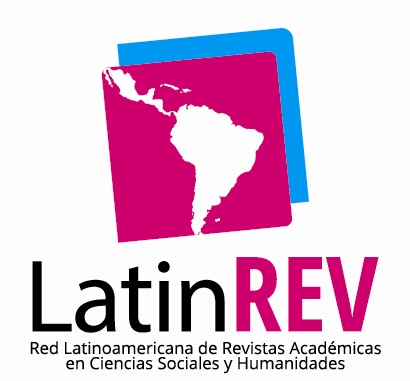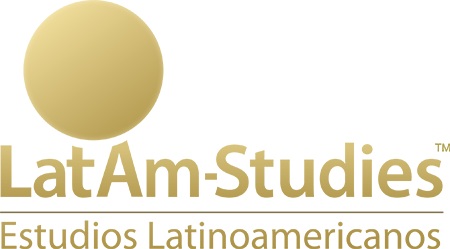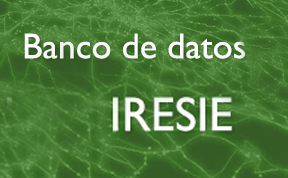Between traditions and innovations: teaching history and responsibility for the world
DOI:
https://doi.org/10.14409/cya.v0i27.7679Keywords:
School education, History teaching, digital information and communication technologies, cyberspace, curriculum.Abstract
This article intends to raise reflections on the role of school education and, more specifically, the history teaching in the twenty-first century, through the presentation of a critical-collaborative action research developed with teachers and students of the initial years of public education in Uberlândia, MG, Brazil, to create websites that preserve and disseminate digital memories of different subjects who participated and participate in the history of the city. Based on the writings of Hannah Arendt, Citron, Cysneiros, Sibilia, Sacristán, Santos Boaventura, Grosfoguel, among others, we argue that both school and cyberspace are places that can propitiate the cultural encounter of generations, traditions and plural knowledge. We also seek to understand the disputes involved in the choices of which traditions to transmit and which innovations to realize to make this meeting possible.
